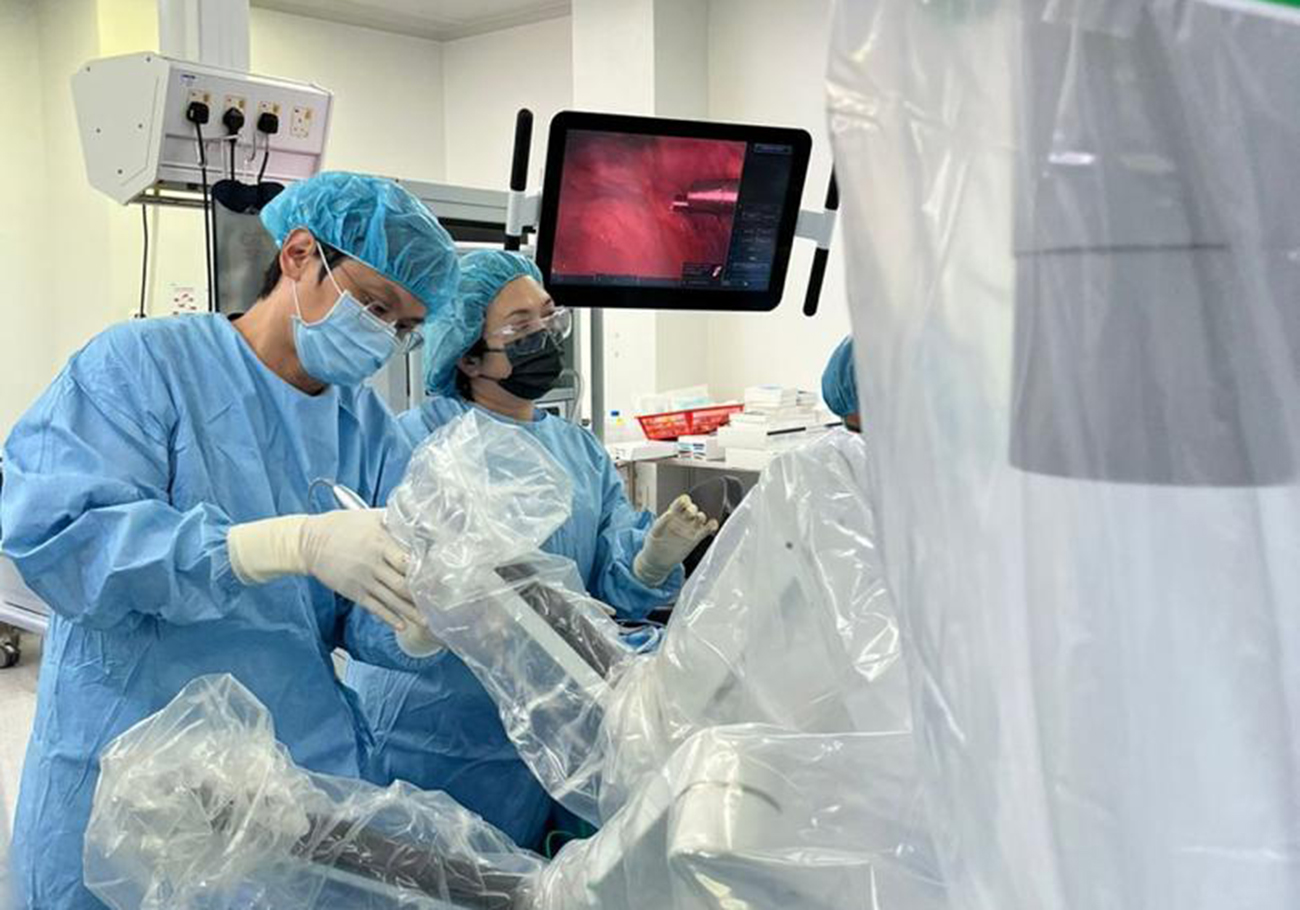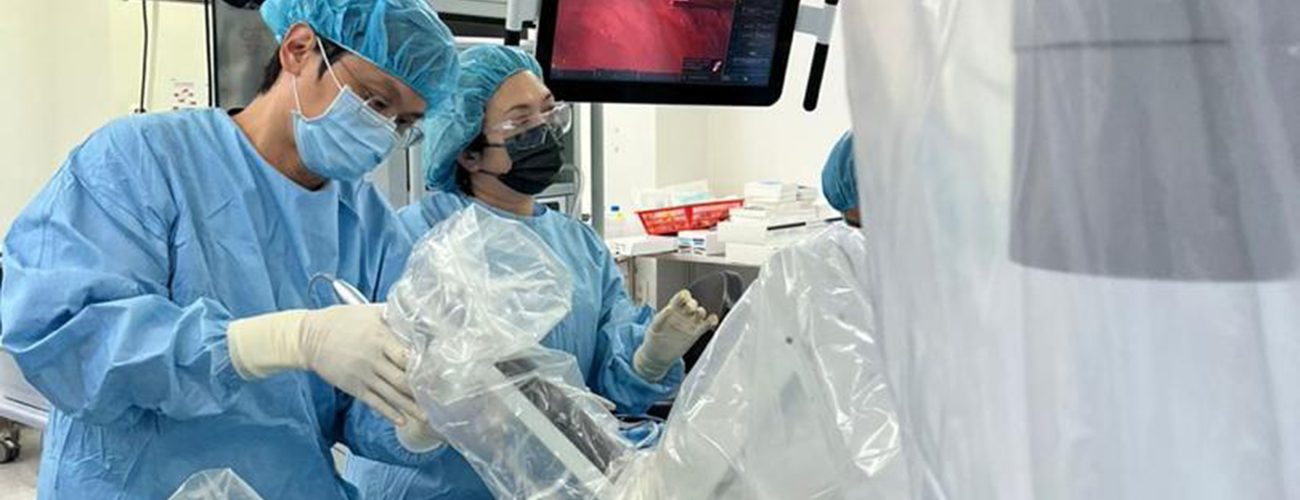
Pancreatic cancer, though less common than other types of cancer, is known to be one of the deadliest in Malaysia, with a low survival rate due to late diagnosis.
However, Professor Dr Yoong Boon Koon, a Hepatopancreatobiliary (HPB) Consultant Surgeon at Sunway Medical Centre (SMC), suggests that early detection followed by pancreatic surgery can offer a chance of cure.
The Whipple procedure is the treatment of choice, but it is traditionally a complex open surgery. Nonetheless, with the recent success of the robotic Whipple procedure using the da Vinci Xi surgical robot, there is new hope for patients. This minimally invasive approach allows for better visualization and faster recovery, potentially changing the landscape of pancreatic cancer treatment.
Early detection and hope through the Whipple Procedure

Pancreatic cancer is a challenging disease, and its symptoms often manifest late, making curative treatments difficult. Common signs include jaundice, intestinal obstruction, weight loss, and abdominal pain. Early detection is crucial for a higher chance of cure, and screening with blood tests or ultrasound can aid in early diagnosis.
For patients with localized pancreatic cancer (stage 1-3), surgical resection followed by chemotherapy is recommended. Those with precancerous tumors also have a favorable prognosis with surgical resection often curing the disease. However, for patients with advanced cancer that has spread to other organs (stage 4), palliative chemotherapy is the primary treatment.
In the case of early-stage cancer, the Whipple procedure offers hope. This surgical option involves removing the pancreatic head, duodenum, bile duct, and gallbladder for tumors located in the head of the pancreas. For tumors in the tail and body of the pancreas, removal of the pancreatic tail, spleen, and surrounding lymphatic tissues is performed.
Revolutionizing pancreatic treatment with Robotic-Assisted Surgery

The Whipple procedure is traditionally conducted as an open surgery, which is time-consuming and requires highly skilled surgeons. However, the advent of robotic-assisted surgery using the da Vinci Xi has revolutionized the approach to the Whipple procedure.
With this technology, Sunway Medical Centre conducted a successful robotic Whipple procedure on June 17, 2023, becoming the only hospital in Malaysia to offer this advanced treatment.
The da Vinci Xi surgical robot enables a minimally invasive approach with smaller incisions and a magnifying view for better visualization of anatomy. The robot’s dexterity allows for precise movements, making it advantageous for delicate surgeries in deep and narrow spaces that are hard to access with hands. Due to these benefits, patients experience faster recovery, reduced pain, lower infection risks, and shorter hospital stays.

Robotic-assisted surgery is suitable for patients in the early stages of cancer or those with pre-cancerous conditions. Most patients are eligible, except for those with poor lung or heart functions and poor general health. Patients with multiple previous abdominal surgeries may face challenges, but overall, robotic surgery offers a promising solution for pancreatic cancer treatment.
The robotic Whipple procedure performed at Sunway Medical Centre demonstrates the potential of robotics in transforming the treatment of pancreatic cancer. Early detection, followed by this advanced surgical approach, provides hope for patients in overcoming this deadly disease.
With the benefits of minimally invasive surgery and faster recovery, patients can experience improved outcomes and a higher quality of life. As the use of surgical robots expands, the medical landscape is evolving, offering new possibilities for complex surgeries and better patient care.
As technology continues to advance, it is crucial to raise awareness about early detection and innovative treatment options like the robotic Whipple procedure. By prioritizing research and investment in cutting-edge medical technologies, the fight against pancreatic cancer can progress, and more lives can be saved.











